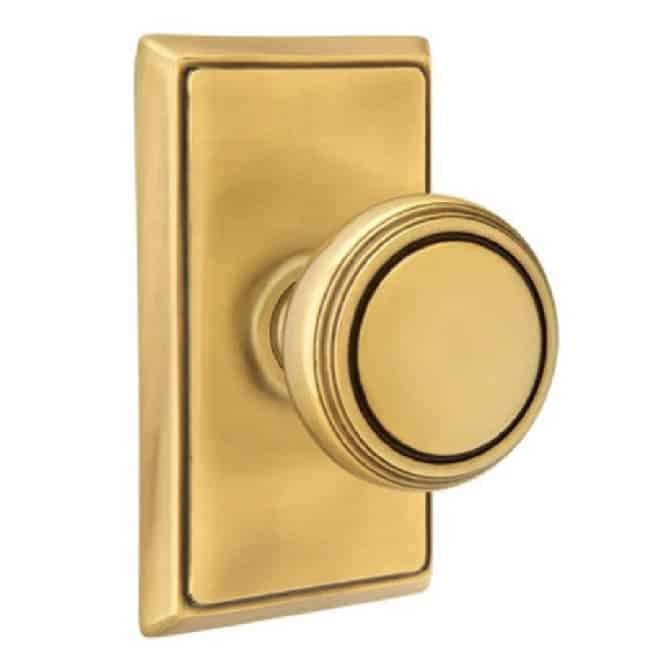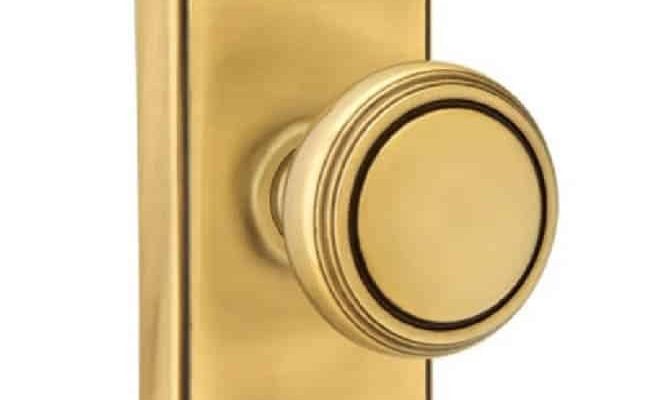
Choosing the right hardware can feel overwhelming. Do you go for heavy-duty hinges, a sturdy latch, or a more robust door frame? Let’s break it down together. Whether you’re in the middle of a renovation or just looking to upgrade what you already have, finding the best hardware will make all the difference.
Why Hardware Matters for Slamming Doors
When you think about it, doors take quite a beating. Every time someone rushes through without a second thought, the impact can cause serious damage. Hardware is the unsung hero that keeps everything in place. Quality hardware absorbs those shocks, meaning less stress on the door itself. A sturdy hinge can prevent misalignment, while a robust lock can withstand more force without giving way.
You might have noticed issues like doors getting stuck or not closing properly after being slammed. If you don’t address this, it can lead to more significant problems, such as door frame damage or the need for a complete door replacement. Investing in durable hardware is like putting a protective shield around your door, extending its life and maintaining its function.
Choosing the Right Hinge
Hinges are the backbone of any door setup, supporting its weight and allowing it to swing smoothly. For doors that face frequent slamming, you want hinges made from solid materials, like stainless steel.
– Heavy-Duty Hinges: These are a must when dealing with slamming doors. Look for ones with a thicker gauge, which can handle more force.
– Self-Closing Hinges: If you want to prevent slamming altogether, self-closing hinges can be a great option. They gently pull the door shut without the harsh impact that comes from a person slamming it.
When installing, remember the number of hinges matters too. For heavier doors, consider using three hinges instead of two. This distributes the weight more evenly and reduces stress on the hardware.
Materials That Last
Material choice is critical for hinges. Opt for brass or stainless steel to resist rust and corrosion. Plastic may be cheaper but won’t hold up as well under regular force.
If you’re working with wooden doors, piano hinges or continuous hinges provide even more support. These run the entire length of the door and are ideal for high-traffic areas.
Investing in Quality Latches and Locks
Once you’ve got hinges covered, it’s time to think about the latches and locks. They play a significant role in ensuring your door stays secure while enduring frequent use.
– Deadbolts: For interior doors that need extra security, a good deadbolt is essential. It’s stronger than standard latch bolts and can withstand more force without breaking.
– Sliding Bolt Latches: These are great for doors that might need to stay shut during busy moments. They’re easy to operate and add an extra layer of security.
Be sure to check that your latch or lock fits snugly within the doorframe. A poor fit will cause it to jam, leading to damage over time.
Durable Materials for Locks
As with hinges, the material of your locks affects their longevity. Stainless steel is the way to go for durability. Avoid low-quality metal that may bend or break under pressure.
Door Stops: The Unsung Heroes
Have you considered adding door stops? These little gadgets can prevent slamming entirely. They act as a cushion, absorbing the impact when a door swings shut.
– Wall-Mounted Door Stops: These attach to the wall and stop the door from swinging too far. They’re ideal for heavy doors.
– Floor-Mounted Door Stops: These sit on the floor and can handle more force, preventing doors from slamming against the wall.
Investing a little in door stops can save you from significant repairs in the future. It’s a smart way to protect both your walls and your doors.
The Role of Door Frames in Preventing Damage
Don’t forget about the door frame itself! If the frame is weak or misaligned, it can lead to more slamming and damage. Ensuring your door frame is sturdy is just as important as the hardware you choose.
– Reinforced Frames: Look for door frames made from solid wood or metal. These materials hold up much better than flimsy ones.
– Proper Alignment: Make sure your doors are aligned correctly. If they aren’t, they’ll slam against the frame more often, leading to wear and tear.
Regular inspections can help catch any problems before they escalate. A slight adjustment today can save you from a major headache tomorrow.
Regular Maintenance Tips
Once you’ve chosen the best hardware for your interior doors, maintenance will keep everything functioning smoothly.
– Lubricate Hinges: Every few months, apply lubricant to your hinges. This reduces friction and makes swinging the door easier.
– Check for Loose Screws: Periodically inspect your hardware for loose screws or bolts. Tightening them can prevent further damage.
– Monitor for Misalignment: If your doors start sticking, it might be time to realign them. Keeping them aligned extends the life of both the door and the hardware.
Taking these simple steps can make a world of difference. It’s like giving your door a little TLC to keep it looking and working great.
Choosing the best hardware for interior doors that get slammed frequently isn’t just about style; it’s about ensuring functionality and durability. From heavy-duty hinges to secure latches and protective door stops, each component plays a vital role in keeping your doors in top shape. Think of it as setting the stage for your home: when the elements are sturdy and reliable, everything flows smoothly.
So, before your next renovation or update, take a moment to assess the hardware you have. With the right tools, you can protect against slamming and extend the life of your doors while keeping your home looking its best. Remember, investing in quality now will save you from potential headaches down the line.
